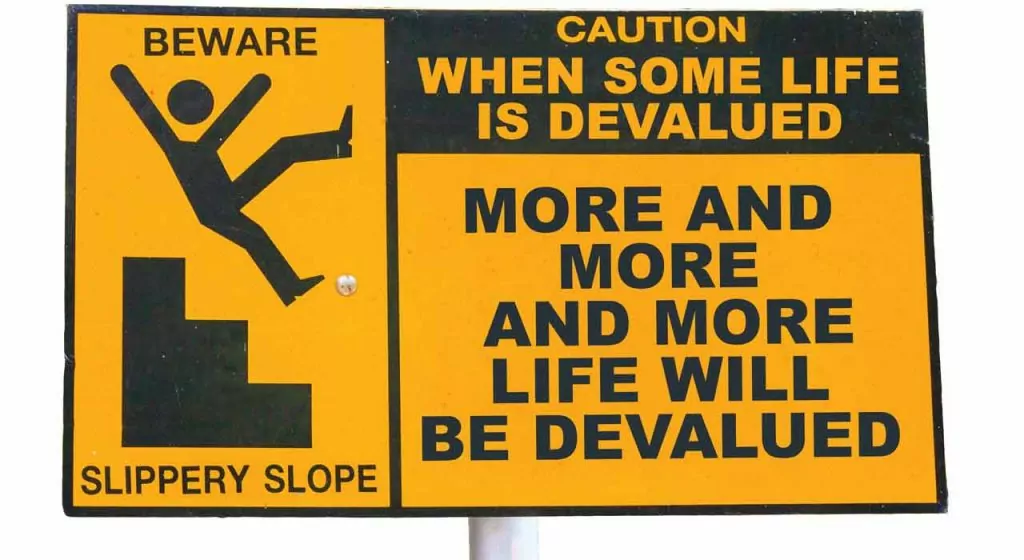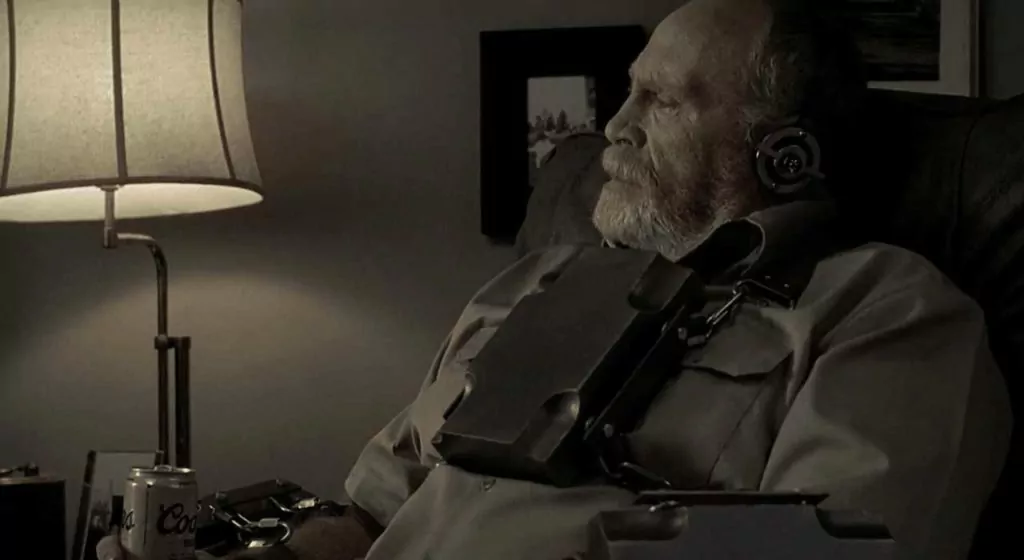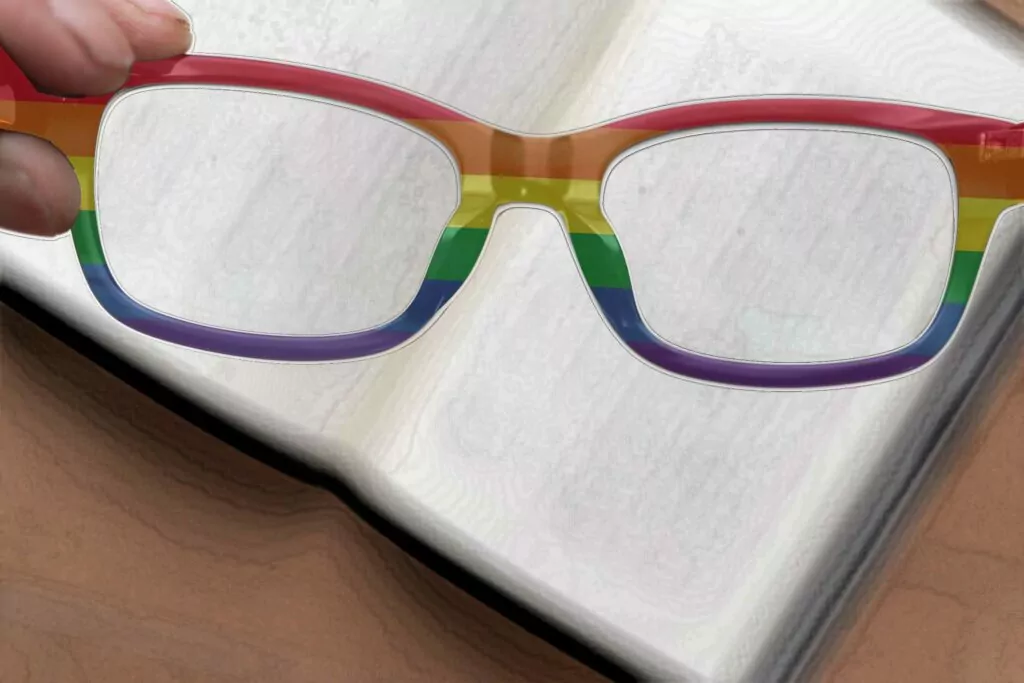Like many countries around the world, the Netherlands has been imposing shutdowns to slow the spread of COVID-19, a virus that is particularly dangerous to the elderly. Thus, it is ironic that the Dutch have simultaneously issued new euthanasia guidelines making it much easier to kill the elderly.
Last year, Dutch doctor Marinou Arends was prosecuted for giving euthanasia to a 74-year-old woman in 2016. The patient’s Alzheimers had become so advanced that she no longer recognized her own face in the mirror. One of the aspects of the case that attracted the most criticism was the fact that Arends began by secretly adding a sedative to the woman’s coffee. Thus, the woman had no idea she was about to be put to death. However, she awakened when the lethal drugs were added to her IV and began to struggle. Her husband and daughter restrained her so Arends could finish. The Dutch media nicknamed the case “the coffee euthanization.” Arends was found “not guilty” of breaking the euthanasia law and we are now seeing the impact of that verdict.
The Dutch committee that oversees the practice of euthanasia has issued new guidelines for dementia patients in line with the verdict. And it is basically anything goes – the committee has given explicit permission to doctors to secretly administer sedatives ahead of a lethal injection if they believe the patient may become restless or aggressive.
A person can write a legal declaration requesting euthanasia should they develop advanced dementia in the future. Under the old guidelines, even if a patient had a legal declaration, a doctor had to get a final verbal affirmation that the patient still wished to die. Arends had failed to obtain this from the patient she euthanized, and that is part of the reason why she was prosecuted. The committee’s new guidelines allow doctors to skip the verbal affirmation if a dementia patient is no longer able to give it.
The new guidelines also give doctors more room to interpret a legal declaration. In the Arends case, the patient had written that she wanted to die “when I am still somewhat mentally competent and I decide the time is right.” Arends had not honored this part of the legal declaration because the patient was no longer mentally competent when she was put to death. Because Arends was acquitted, doctors will now be permitted to ignore these types of stipulations.
Under Dutch law, even if a patient has a legal declaration requesting euthanasia, a doctor must determine the patient is “suffering unbearably with no prospect of improvement” before administering a lethal injection. In its new guidelines, the oversight committee indicates it will never question any doctor’s determination that a dementia patient is suffering unbearably.
Jacob Kohnstamm, chairman of the committees that oversee euthanasia, explained the new standard in an interview with Dutch media:
“The doctor does not have to worry about us as oversight committee and the court should stay at arm’s length on the question of unbearable suffering with no prospect of improvement. This is a medical-professional judgment by the doctor. The court and the oversight committee cannot stand in the place of the doctor. The question is: has this doctor acted reasonably in this situation?”
Up to now, euthanasia for dementia patients had been extremely rare in the Netherlands, and it was very controversial. Even some euthanasia supporters were opposed because advanced dementia patients are unable to give consent. In 2018, ethicist Berna van Baarsen resigned from her position on the oversight committee over this issue. “That’s my boundary, based on ten years of reflection and reading dossiers,” she said at the time.
The new guidelines brush aside those concerns. Euthanasia for advanced dementia is likely to become much more common now that it is much easier to obtain. Perhaps euthanasia supporters like van Baarsen will stop and ask, “Where does this end?”













